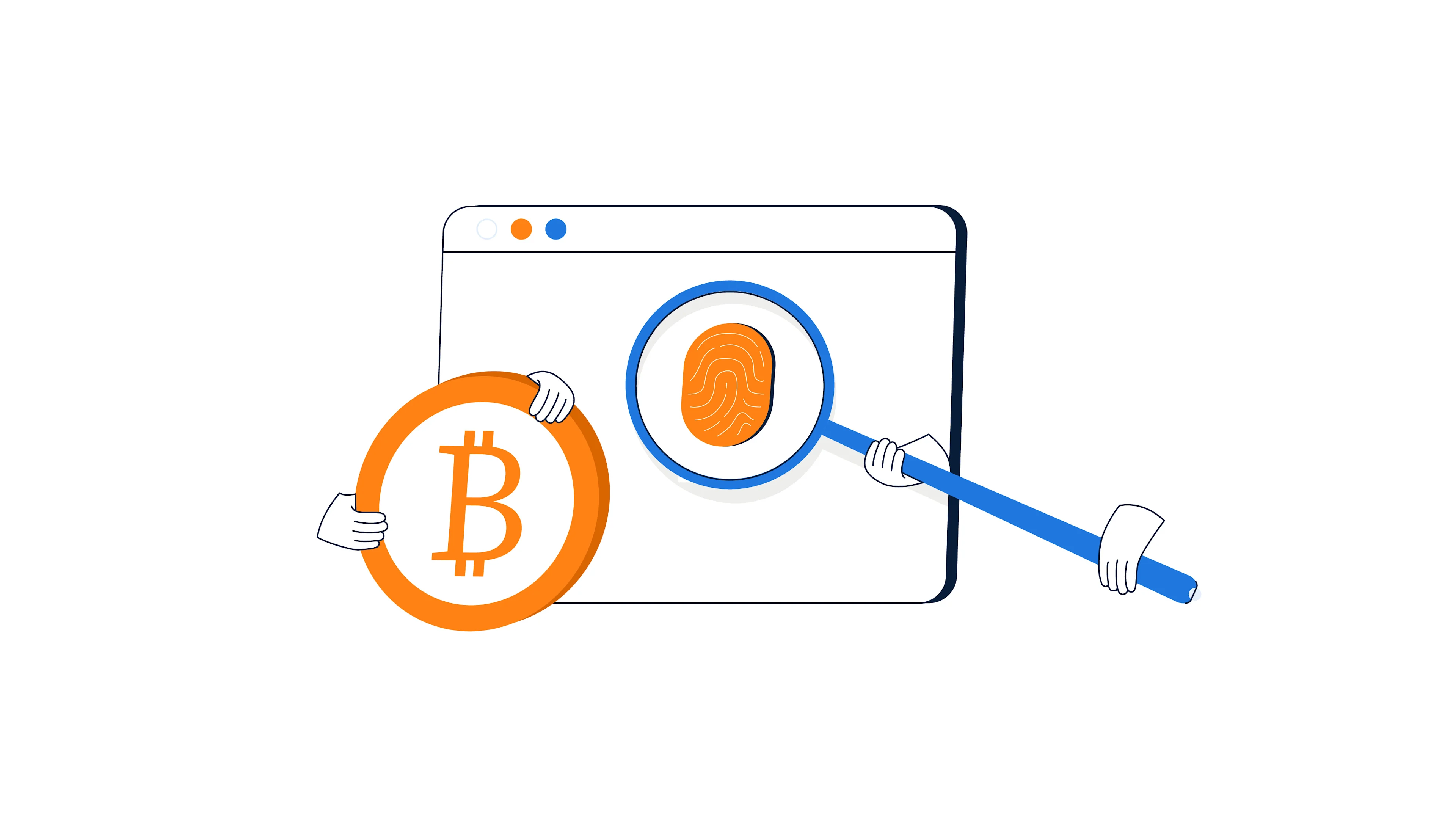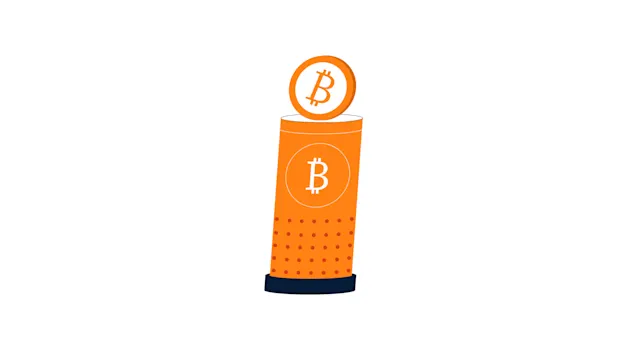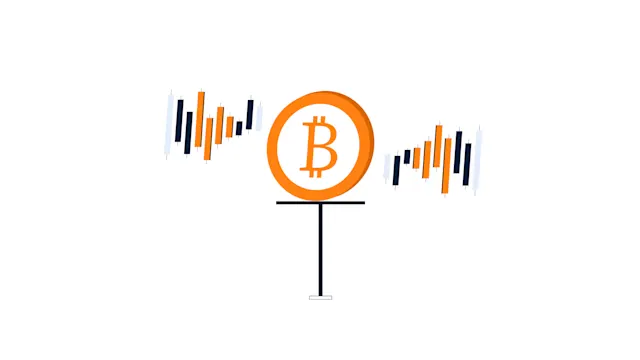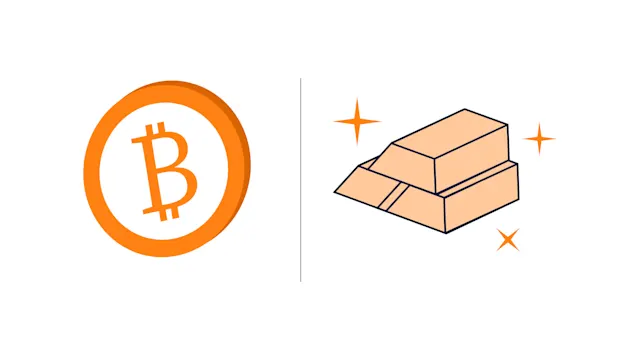
So, Who Is in Charge of Bitcoin?
This is one of the first questions bitcoin newbies often ask. Naturally, this question pops up as a concern over trust: Who is at the top of the Bitcoin ladder? Is this a scam?
This is one of the first questions bitcoin newbies often ask. Naturally, this question pops up as a concern over trust: Who is at the top of the Bitcoin ladder? Is this a scam?
And here's the simple answer: Bitcoin isn't controlled by any one country, entity, or person. It's decentralized, meaning it can't be corrupted or controlled — and that's a beautiful thing.
Perhaps the most important aspect of Bitcoin is its decentralization; this is the principal difference that separates Bitcoin from the central banking system we're currently used to. Inherently, our worldwide banking system is centralized because our money is controlled and distributed by the government. We call this money "fiat" — originating from the Latin word meaning: "a determination by authority."
When you have a centralized fiat currency like the US dollar (the current global reserve currency), you are forced into a financial system that can change the rules at any time. The current banking system charges you overdraft fees, requires minimum balances and lends your money out to other people only to pay you less than 1% in annual interest. As we saw during the 2008 economic crisis, the biggest banks in the world are “too big to fail,” i.e., their profits are privatized, and their losses are bailed out by taxpayers’ money.
Is this a fair system? Can it be improved?
Financial services create expensive barriers like fees, minimums, and identification requirements that don't allow people to participate fairly in it. Additionally, not everyone has access to a competently secured and insured central banking system; they must participate in the one handed to them by their government, no matter how unstable or corrupt it is. E.g., Lebanon
Bitcoin is an alternative open-source protocol where the rules are fixed and cannot be changed by anyone. So if we want to answer the question of who is in charge of bitcoin? The answer is not one. The more appropriate question is, what governs Bitcoin? The answer is math and immutable code.



